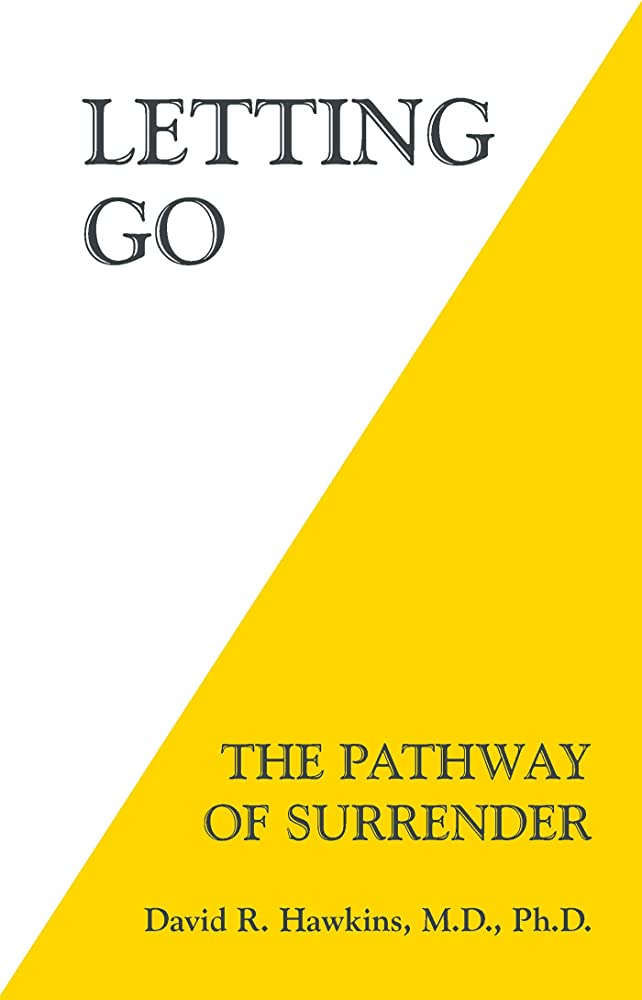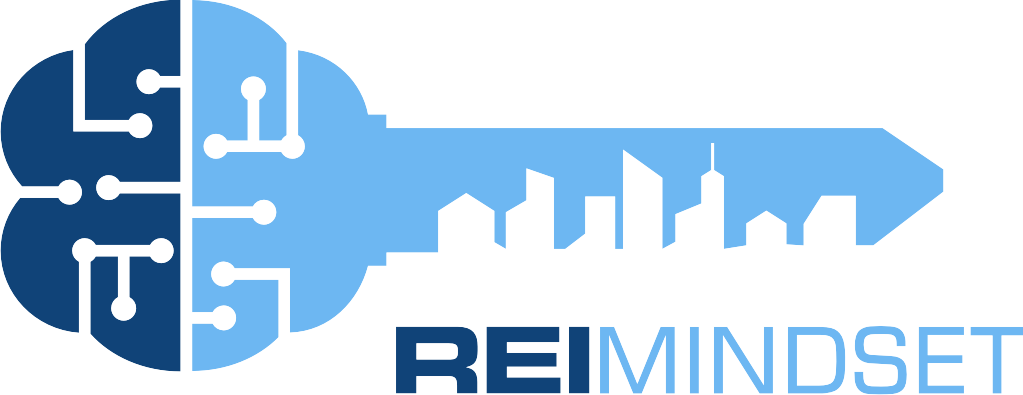

This is a very unique book that, in my opinion, fits into the realm of emotional intelligence.
Not the kind used to navigate interactions with others, but rather a tool to better control our own emotions. This is a good and useful thing because we are, ultimately, the only person we can fully control.
The point of this book is self-control through emotional regulation. Not to be ruled by how we feel but to regain agency. Better to control our emotions than be controlled by them.
It is equally important in business and in life to be able to control our own emotions.
I have been actively using the techniques found in this book for a few months now and truly believe that the ability to let go of emotions that are not useful has improved my life. Socially I feel less reactive and in business, I feel more in control.
I’ll admit there is no way to actually quantify any of this, so take it all with a grain of salt, but having the ability to let go in my mental tool kit has proven to be useful.
Letting go is a mechanism that the author believes can be learned by everyone. It is actually quite simple and I think of it as a crossroads between meditation and mindfulness. If used successfully it can lead to having a happier stress-free life, and who wouldn’t want that?
The book goes into great detail on how to let go, but for simplification’s sake the process is:
- Becoming aware and then acknowledging how you are feeling
- Sitting with it, allowing this emotion to run its course
- Focus on letting go of the attachment to the feeling
Explaining each bullet point is beyond the scope of this article, but as always there are major lessons to be learned from this book.
Lesson 1 – Emotions are Neither Good nor Bad
Emotions have evolved in human beings as a survival mechanism. Especially without context, the way we feel is not inherently good or bad. A more practical view is to understand what is useful from the emotions we are feeling. We can interpret and assign meaning to how we feel and then use that to motivate us into the right actions.
For example, if you blank out on a cold call and forget what to say on the phone with a lead you can either feel defeated and stop picking up the phone or you can use that feeling of frustration to prompt us to do more cold calling practice.
Here is a tip: before every session of cold calling I use flashcards with the most common responses to remind myself what I will automatically say.
“Eliminate emotion from your investment program.” – John C Bogle
Prize utility over feeling good. Give up completely on chasing specific results which we cannot control anyway. Recognize that attachment to the future causes undue suffering and anxiety. Look for the truth in things because facts are simply neutral. We are better served to try to navigate the world with logic and reason over the whims of emotion.
Lesson 2 – Create Perspective
Similar to the evolutionary point stated about emotions above, people have evolved to optimize survival above all things. As creatures we are imperfect. Everyone is, including ourselves. With that realization, life will be easier if we remove high levels of expectation and just accept that everyone is trying their best.
We don’t get to see what everyone is going through in their lives. It is especially true for a residential real estate investor looking for motivated leads. Their motivations like preforeclosure, divorce, or probate are high stress and unfortunate periods of their life. We need to respect that, act like professionals, and offer our services with high levels of empathy.
“When dealing with people, remember you are not dealing with creatures of logic, but creatures of emotion.” – Dale Carnegie
Remember that how prospects act is not a reflection of us. If we let our emotions get caught up in the situation it can be costly. We can hardly ever choose our circumstances, but we can always choose our attitude.
Lesson 3 – How to Have Endless Self-Confidence as a Real Estate Investor
Self-confidence is important because how we feel when we interact with others affects them and the outcome of the interaction.
Think back to the last time you met with a salesperson. If they were nervous, uneducated about the product, and desperate for the sale, how happy were you as a customer? Now apply that feeling to our motivated sellers who are filled with doubt or even hostility. What is your level of success without confidence?
The number one strategy to be self-confident is to remove attachment to the outcome. We do not control the future.
Confidence comes from taking action and taking chances. Our mind recognizes that we are capable and that success is possible. The feeling of “whatever happens, I can handle it” is true confidence. Even if we don’t have the experience or the training, if we know that whatever happens will not be catastrophic, that will boost confidence.
The next strategy is to reframe how we see our business. We look at things as chores or tasks, how much are we motivated to slog through it? Rather if we look at what we do as a calling and as a service to others we are more confident to act. We shift the focus from helping our business to helping our fellow human beings. Service is a gift to others rather than a sacrifice of ourselves.
“The best way to find yourself is to lose yourself in the service of others.” – Mahatma Gandhi
This is truly a fascinating book and one that I would not put in front of this audience if I didn’t believe that it would be useful. I’ve seen real improvements in my life using the letting go technique as I navigate my most important relationships. Give it a try and you might be surprised at how it positively impacts your business and life!




Leave a Reply